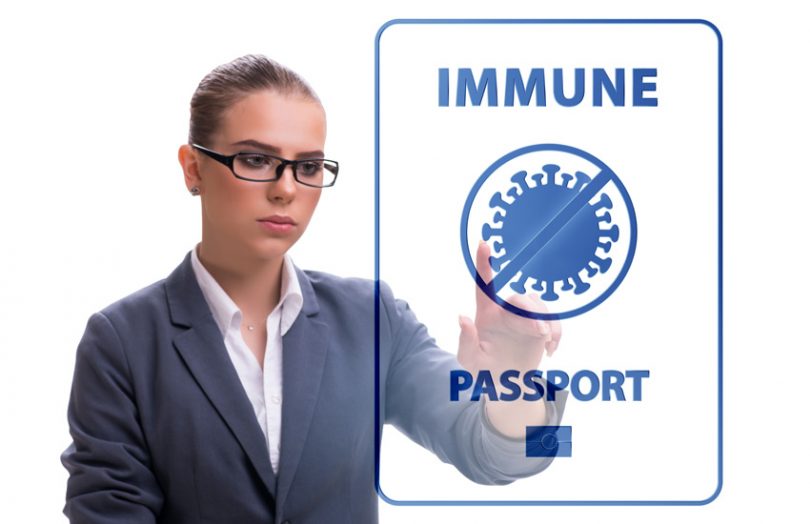Elizabeth M. Renieris, a Harvard lawyer on the ID2020 technical advisory committee, has resigned from the ID2020 Alliance. The organization aims to enable digital identity for those that lack one, and is especially active with refugees and marginalized groups. Renieris’ resignation was driven by concerns that the organization will get involved in COVID-19 immunity passports, as Coindesk first reported.
The ID2020 Alliance was founded by Accenture, Microsoft, Gavi, Rockefeller Foundation and IDEO. Partners include Mastercard, which joined last week, as well as NGOs and UN agencies.
ID2020’s Executive Director, Dakota Gruener, recently wrote a Harvard whitepaper about privacy preserving COVID-19 immunity certificates. The paper was published in her personal capacity. A statement from Gruener is appended.
Article continues …

Want the full story? Pro subscribers get complete articles, exclusive industry analysis, and early access to legislative updates that keep you ahead of the competition. Join the professionals who are choosing deeper insights over surface level news.






